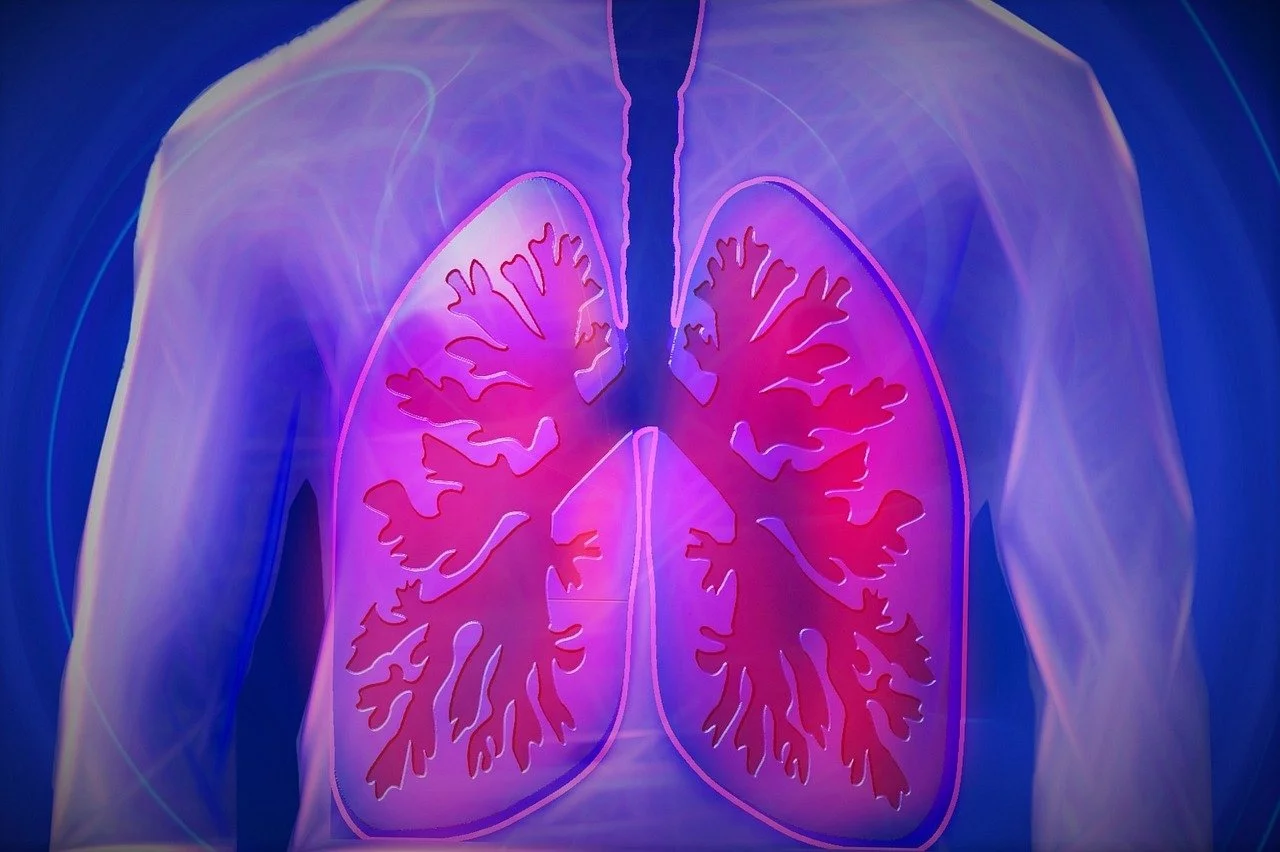Bronchitis is a very common ailment that affects millions of people around the world. The condition is caused by inflammation of the airways, which can lead to symptoms like coughing, chest tightness, and shortness of breath. While there are many different treatments for bronchitis, it is important to understand the best ways to treat it. In this guide, I will discuss the basics of bronchitis and provide seven expert tips on how to treat it.
What is Bronchitis?
Bronchitis is a respiratory condition that is caused by inflammation of the airways, or bronchi. It is most commonly caused by a virus but can also be caused by bacteria or other irritants. In some cases, bronchitis can be a chronic condition that lasts for months or even years. When someone has bronchitis, they often experience coughing, chest tightness, and shortness of breath. These symptoms can range from mild to severe, depending on the severity of the inflammation.
Symptoms
The most common symptoms of bronchitis include coughing, chest tightness, and shortness of breath. Other symptoms may include wheezing, fatigue, fever, and a sore throat. In some cases, people with bronchitis may experience a decrease in appetite, chest pain, and difficulty sleeping. It is important to note that these symptoms may vary from person to person.
Causes
The most common cause of bronchitis is a virus, such as the common cold or influenza. Other causes of bronchitis include bacteria, allergies, and exposure to pollutants. In some cases, bronchitis can be caused by a combination of factors. For example, smoking or long-term exposure to air pollution can increase the risk of developing bronchitis.
7 Expert Tips on How to Treat
Bronchitis can be a difficult condition to manage, but there are several ways that you can reduce your symptoms and improve your quality of life. Here are seven expert tips on how to treat bronchitis:
Quit Smoking
Smoking is one of the most common causes of bronchitis. If you are a smoker, it is important to quit as soon as possible. Quitting smoking can reduce your risk of developing bronchitis and other respiratory conditions. Talk to your doctor about ways to quit smoking, such as nicotine replacement therapy.
Drink Plenty of Fluids
Drinking plenty of fluids is one of the best ways to treat bronchitis. Staying hydrated helps to thin mucus and clear your airways, which can reduce coughing and other symptoms. It is important to drink at least eight glasses of water per day and avoid drinks that contain caffeine or alcohol.
Avoid Polluted Environments
Exposure to pollutants, such as secondhand smoke, can worsen bronchitis symptoms. To reduce your risk of developing bronchitis or exacerbating your symptoms, it is best to avoid polluted environments.
If you live in an area with high levels of air pollution, it is important to take steps to reduce your exposure, such as wearing a mask when outside.
Use Humidifiers
Using a humidifier can help to reduce bronchitis symptoms by adding moisture to the air. This can help to thin mucus and reduce coughing. Make sure to keep your humidifier clean and replace the filter regularly.
Take Medications
There are several medications that can be used to treat bronchitis. These include bronchodilators, which help to open the airways, and anti-inflammatory medications, which help to reduce inflammation.
Talk to your doctor about the best medications for your condition.
Practice Pulmonary Rehabilitation
Pulmonary rehabilitation is a form of physical therapy that can help to reduce bronchitis symptoms. This type of therapy can help to improve lung function, reduce fatigue, and improve overall quality of life. Talk to your doctor about pulmonary rehabilitation and ask if it is right for you.
Consult Your Doctor
If you are experiencing bronchitis symptoms, it is important to talk to your doctor. Your doctor can help you determine the cause of your symptoms and the best treatment plan for you. Make sure to tell your doctor about any medications you are taking and any other underlying health conditions.
Conclusion
Bronchitis is a common respiratory condition that can be difficult to manage. However, there are several steps you can take to reduce your symptoms and improve your quality of life.
The seven expert tips discussed in this guide can help you treat bronchitis and reduce your risk of developing it in the future. If you are experiencing bronchitis symptoms, it is important to talk to your doctor to determine the best treatment plan for you.
